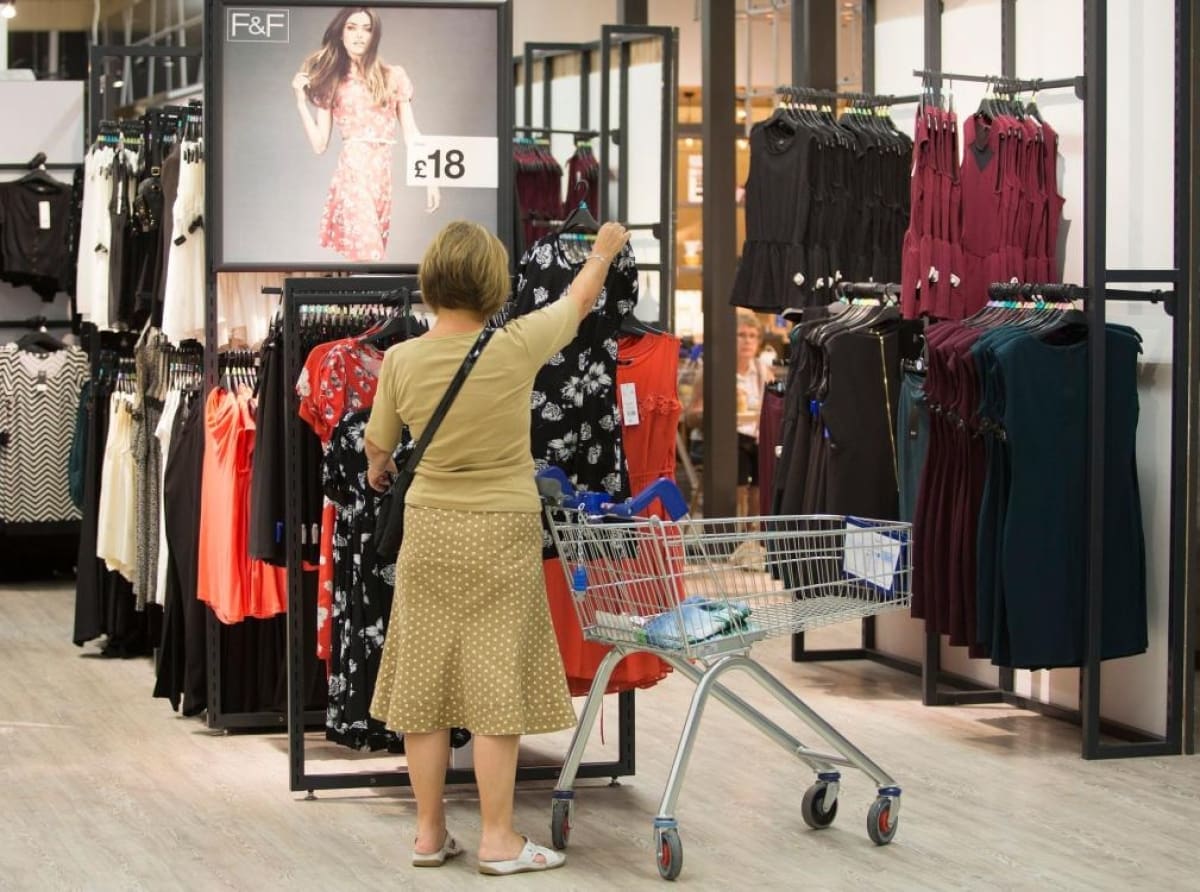Tesco is using “digital passports” for its F&F apparel brand as a part of a larger initiative to improve supply chain transparency throughout the EU. This action is in compliance with recent EU laws requiring businesses to give comprehensive information regarding the source and environmental effects of materials used in their products.
These new rules, which will be implemented gradually over the course of the next eight years, require businesses operating in the euro region to provide digital product passports (DPPs) for a number of industries, including the fashion industry. In line with Brussels’ need for increased supply chain transparency, these DPPs will give clients in-depth information about the components and environmental impact of every item.
Retailers now have to adhere to more stringent inventory management requirements, which forbid the disposal of unsold clothing, in addition to the transparency program. Fines and a prohibition on selling goods within the European Union may follow noncompliance.
The chairman of Tesco’s technical department, Joe Little, emphasized the importance of this breakthrough, saying that DPPs are a significant advancement in the promotion of sustainable and circular processes. This action is similar to that of other firms, like Nobody’s Child, supported by M&S, which earlier this year strengthened their commitment to sustainability and transparency by introducing digital product passports.

